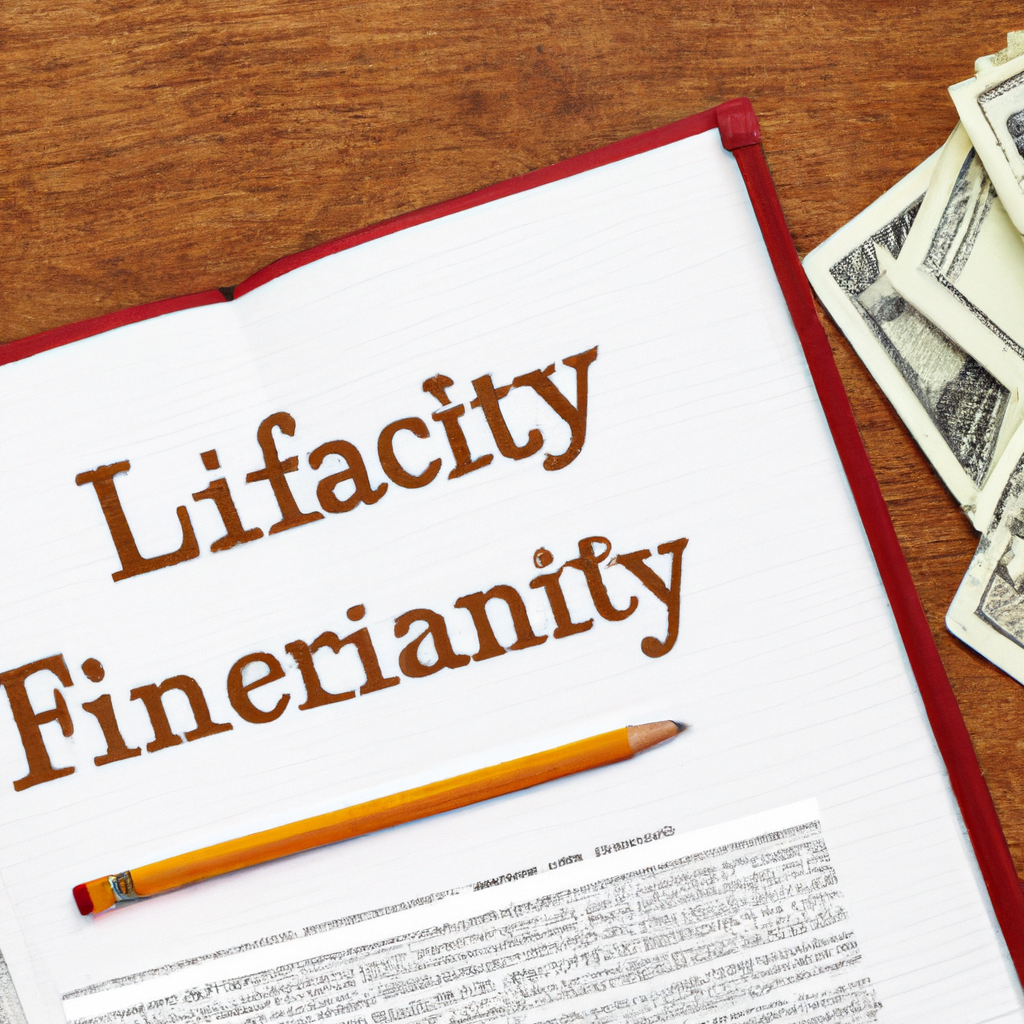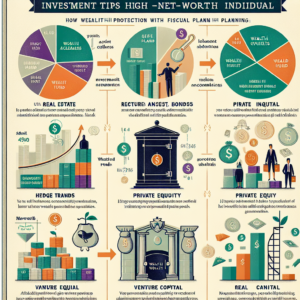
Financial Literacy and Education: Empowering Individuals for a Better Financial Future
Introduction
Financial literacy is the knowledge and understanding of various financial concepts and tools that enable individuals to make informed decisions about their money. It encompasses a wide range of skills, including budgeting, saving, investing, and managing debt. Unfortunately, financial literacy is often overlooked in traditional education systems, leaving many individuals ill-equipped to navigate the complexities of personal finance.
The Importance of Financial Literacy
1. Empowering Individuals
Financial literacy empowers individuals to take control of their financial lives. By understanding concepts like budgeting and saving, individuals can make informed decisions about their spending habits and set realistic financial goals. This knowledge helps individuals avoid financial pitfalls and build a strong foundation for their future.
2. Building Resilience
Financial literacy plays a crucial role in building resilience against unexpected financial challenges. Individuals who are financially literate are better prepared to handle emergencies, such as medical expenses or job loss. They can make informed decisions about insurance coverage, emergency funds, and other financial safety nets.
3. Making Informed Investment Decisions
Investing is an essential aspect of building long-term wealth. However, it can be intimidating and confusing for those lacking financial literacy. Understanding investment concepts like risk, diversification, and compounding allows individuals to make informed decisions about their investments, potentially leading to higher returns and a more secure financial future.
The Role of Financial Education
1. Early Education
Introducing financial education at an early age is crucial. By incorporating financial literacy into school curricula, students can develop a strong foundation in money management skills. Teaching basic concepts like budgeting, saving, and the importance of credit can help students make responsible financial decisions as they grow older.
2. Continuing Education
Financial education should not stop at school. Offering financial literacy programs and workshops to adults can bridge the knowledge gap and empower individuals to make better financial choices. These programs can cover topics such as retirement planning, investment strategies, and debt management, providing individuals with the tools they need to achieve financial stability.
Steps to Improve Financial Literacy
1. Self-Education
Individuals can take the initiative to educate themselves about personal finance. Numerous online resources, books, and podcasts offer valuable insights into financial management. By dedicating time to learn and understand financial concepts, individuals can take control of their financial well-being.
2. Seek Professional Guidance
Consulting with a financial advisor can provide personalized guidance tailored to an individual’s financial situation. Advisors can help individuals set realistic goals, create budgets, and develop investment strategies. Seeking professional advice can be particularly beneficial for complex financial matters.
3. Encourage Financial Discussions
Openly discussing personal finance with family, friends, and peers can help break the stigma surrounding money matters. Sharing experiences, tips, and resources can create a supportive environment for learning and growth. Community initiatives, such as financial literacy workshops or seminars, can also encourage these conversations.
Conclusion
Financial literacy and education are essential for individuals to make informed decisions about their money, build resilience, and secure a better financial future. By incorporating financial education into school curricula, offering continuing education programs, and encouraging self-education, we can empower individuals to take control of their finances and achieve long-term financial stability.





